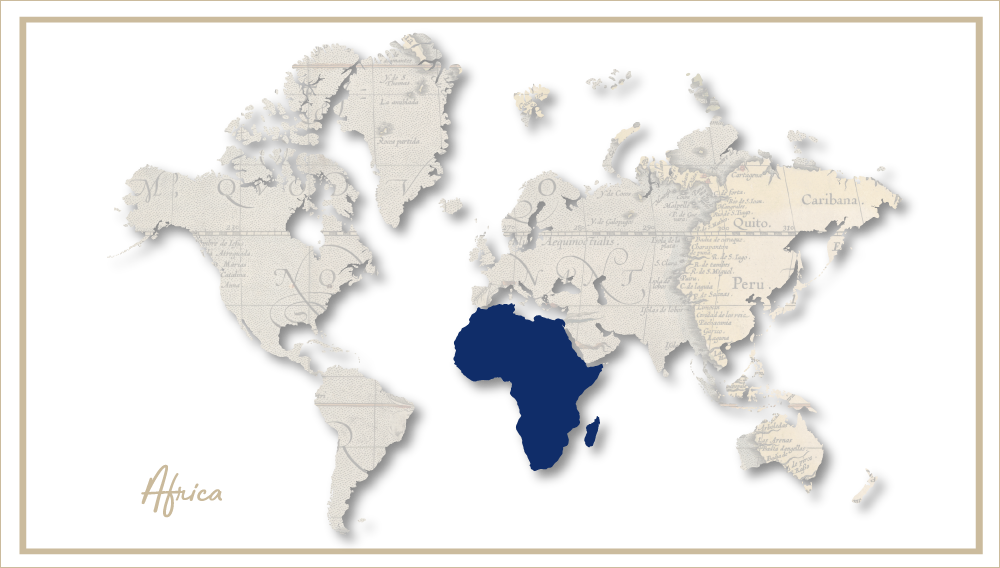Another African beer wonderland about to emerge?
Another African beer wonderland about to emerge?
Take it as a measure of intensifying competition across Africa that SABMiller and Diageo are pouring money into this tiny market. At 1.7 million hl in 2012 Ghana’s beer market is not small but considering that the country is home to 25 million people (half the number of South Africa) Ghana’s per capita consumption of beer at 6 litres in 2012 is among the lowest in Africa. The African average is 10 litres.
Ghana has not been an easy market for international brewers Diageo, Heineken and SABMiller, although the country is governed well (compared to others in the region) and its economy has grown thanks to mining (gold), oil and cocoa forming the bedrock of the economy. People seem to prefer their homebrews which are far cheaper than the commercial beers.
SABMiller entered the market in 1997 but in 2012 their market share was still less than 40 percent. Even Diageo and Heineken did not fare any better. They were forced to combine their operations in 2004 through a merger between Guinness Ghana and Ghana Breweries (formerly a subsidiary of Heineken Ghanaian Holdings). That’s how they became Ghana’s largest brewer, with a market share in excess of 60 percent. The company is ultimately controlled by Diageo, with a 52 percent stake, in collaboration with Heineken International, which owns 20 percent of the issued shares, according to a report by the Oxford Business Group.
The biggest challenge in Ghana is the somewhat unpredictable tax structure, reports say. In 2010 the government increased the import duty from 25 percent to 50 percent, forcing brewers to raise the price of beer. Consumption dropped below five litres per person per year and has only recently returned to pre-2010 levels. But thanks to a recent price hike, a bottle of beer, which used to sell for GH 2.50, is now selling between GH 3.50 and 4.00 (USD 1.76), African media reported in October 2013. There is renewed talk that consumers will again shift to locally produced spirits because they find beer too expensive.
In order to increase volumes, brewers decided to use more locally grown raw materials, having negotiated a tax break with the government. SABMiller built a sorghum brewery in 2012 to produce the traditional Chibuku beer. Guinness responded by launching Ghana’s first cassava beer, Ruut Extra Premium, in December 2012. In March 2013 SABMiller brought out their own cassava-based Eagle brand. Retailing at a significant discount to malt-based beers, these cassava brews took the market by storm.
In November 2013 SABMiller said that they would invest USD 100 million to double capacity at their brewery in Accra, the capital, next year, to satisfy demand for their Club Ghana beer, as they told the Wall Street Journal on 21 November 2013.
Incidentally, during the previous week, Diageo had set up a mobile distillery with an annual capacity of 600,000 cases for difficult-to-reach markets, built from five shipping containers which can subsequently be dissembled and moved to another location. Should punters in Ghana really switch to traditional spirits, Diageo will be there to tempt them with their own higher quality tipple.
Gentlemen, that’s the spirit. In Africa, brewers need to be involved in all alcohol categories and price points in order to move consumers up to the commercial beer category. Or as Mark Bowman, President of SAB Miller Africa, said in 2011: “Double and halve the price of beer and go farming!” By which he meant: brew affordable beers, brew expensive beers, and use local raw materials.

